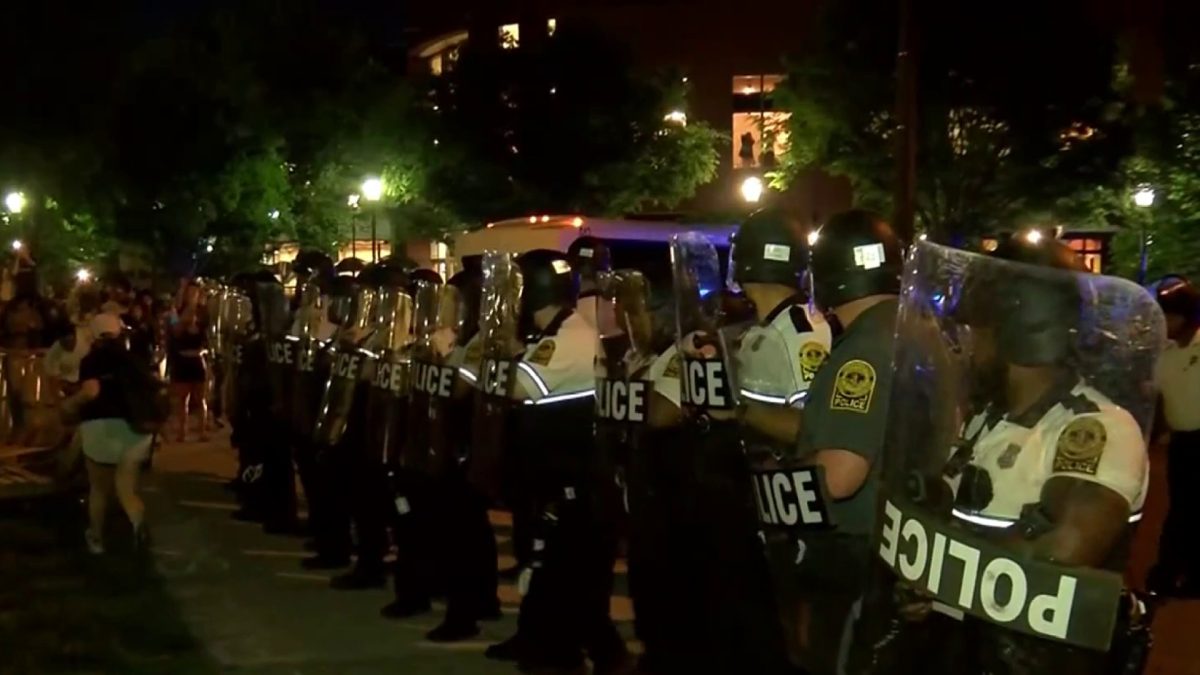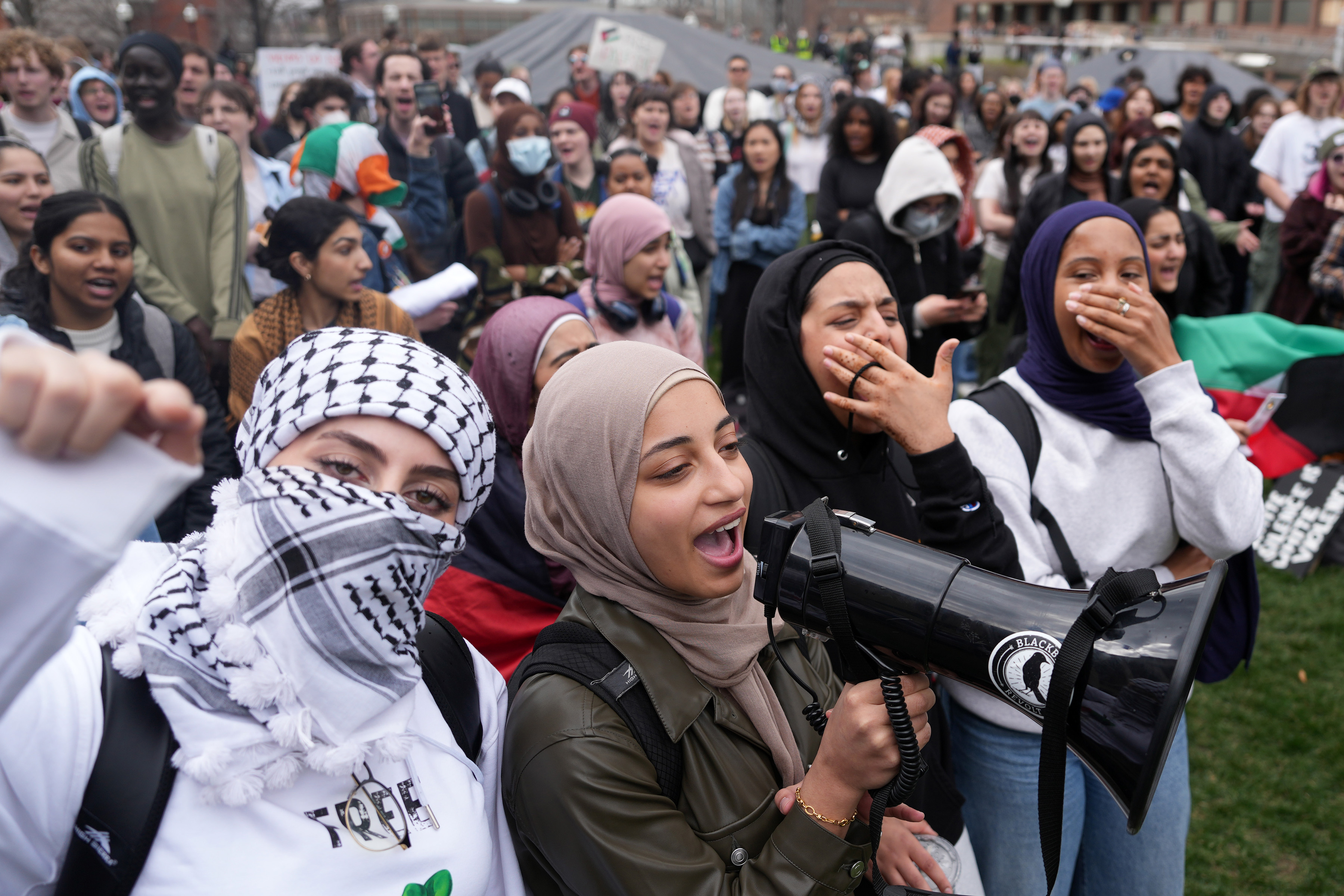Two Republican members of the U.S. House of Representatives criticized D.C.’s mayor and police department for allowing pro-Palestinian protests to continue at the George Washington University.
House Oversight Committee Chairman James Comer (R-KY) and Education Committee Chairwoman Virginia Foxx (R-NC) called the protests “radical, unlawful and antisemitic” in a letter Tuesday. They threatened to use the “legislative powers” of Congress to intervene.
D.C. Mayor Muriel Bowser’s office issued a statement in response.
“We support peaceful protests, and I rely on the Metropolitan Police Department and their experience and expertise to decide what types of interventions are necessary,” the letter said in part. “[…] We will not tolerate violence of any kind; we will monitor and ensure access to streets, parks, and safe and sanitary conditions; and we will continue to be supportive of universities or other private entities who need help.”
We're making it easier for you to find stories that matter with our new newsletter — The 4Front. Sign up here and get news that is important for you to your inbox.
Protests at the university reached their sixth day on Tuesday, with some students saying they’re in it for the long haul. Police were stationed nearby and had not moved to dismantle an encampment.
“We are prepared to negotiate, and President Ellen Granberg has not even granted us a meeting,” sophomore Reem Ladabdi said.
She said she and fellow students want GW to commit to protecting students who speak out in support of Gaza. They also asked the school to divest from Israel.
A group of mothers from Bethesda visited the campus on Tuesday to show support for Jewish students.
“While we respect the rights of free speech and other people to have their opinions, it is important that all students feel safe and feel supported,” Robin Galkin said.
The protesters at GW were joined by students and professors from all over the D.C. area.
Professor Nader Hashemi, director of the Alwaleed Center for Muslim-Christian Understanding at Georgetown University, said the demonstrations reminded him of his own activism against apartheid, decades earlier.
He said he doesn’t expect the protests to create immediate change, similarly to how it took years for opinions to shift against the Vietnam War.
“I view this in the context of the broad evolution of history, where this is the beginning point of demands that hopefully will create some momentum,” he said.
GW declined to comment on students’ demands or their request for a meeting.
Sign up for our Breaking newsletter to get the most urgent news stories in your inbox.




